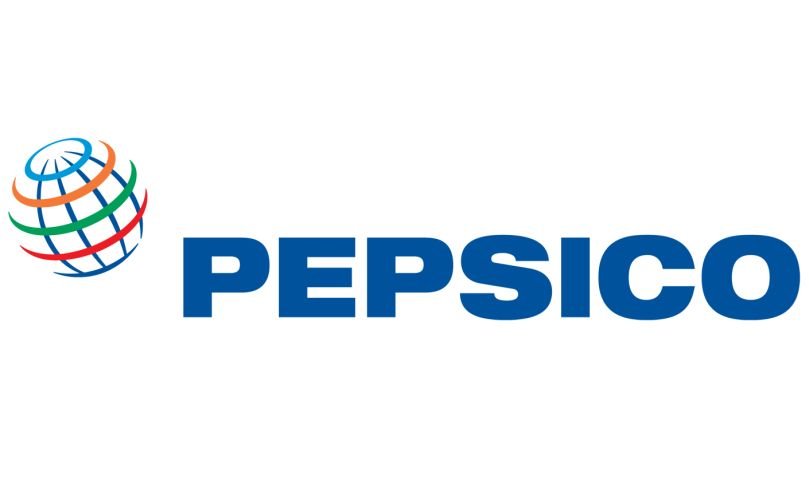There are many practical reasons to launch satellites including Earth sensing, astronomy, preparing for deep space missions, carrying out low gravity research on chemistry and biology, etc. There are also strategic reasons such as control, command and communication of men and equipment on the ground during war as well as placing weapons in orbit for use in conflict. Then there are some reasons that do not appear to be quite so useful.
It was first reported back in January of 2019 that StartRocket, a Russian aerospace company, announced that it intends to launch a bunch of cubesats into Earth orbit that can act as an “orbital billboard.” The billboard would be used to project huge advertisements into the night sky, sort of like artificial constellations. The cubesats would unfurl pieces of highly reflective Mylar which would be manipulated to reflect light to the Earth in early mornings and/or evenings. Just what the world needs, more public advertising.
StartRocket said a few days ago that PepsiCo will be its first client. Pepsi will use the orbiting billboard to support its new energy drink called Adrenaline Rush through a “campaign against stereotypes and unjustified prejudices against gamers.”
Olga Mangova is a spokesperson for Russian PepsiCo. She confirmed that the stories about PepsiCo contracting StartRocket are true. She sent an email which said, “We believe in StartRocket potential. Orbital billboards are the revolution on the market of communications. That’s why on behalf of Adrenaline Rush — PepsiCo Russia energy non-alcoholic drink, which is brand innovator, and supports everything new, and non-standard — we agreed on this partnership.”
Vlad Sitnikov is the project leader for the PepsiCo campaign. He said “We are ruled by brands and events such as the Super Bowl, Coca Cola, Brexit, the Olympics, Mercedes, FIFA, Supreme and the Mexican wall. The economy is the blood system of society. Entertainment and advertising are at its heart.”
StartRocket recently tested its idea by attaching one of its reflectors to a helium weather balloon that carried it into the stratosphere. The light from the reflector was visible from the ground. StartRocket intends to launch its cubesat into orbit in 2021. It is currently raising funds to pay for the cubesats and launches. A twenty-thousand dollar investment will pay for eight hours of advertising in the night sky.
There were many negative reactions to the announced plans of StartRocket. They consider the idea of orbital advertisements as a form of sky pollution. An astronomer at the University of Michigan said, “Launching art projects like this with no commercial, scientific, or national security value seems unwise.”
Apparently, the backlash to the announcement of the project intimidated PepsiCo. A few days after the PepsiCo project was announced, PepsiCo says that it has no intentions of doing anything more with the concept of orbital advertising that the launch of the balloon to test the idea. A PepsiCo spokesperson made a public statement that “This was a one-time event; we have no further plans to test or commercially use this technology at this time.”
When contacted about this reversal on the part of PepsiCo, StartRocket representatives were confused by the new PepsiCo position. I am relieved that we have escaped being bombarded by ads in the sky for the time being. Unfortunately, it is probably only a matter of time until someone does it.
